What’s in Your Water?


H2O
Whatever else is in your water, the essential ingredient is H20, a compound that makes up as much as 75% of your body weight, depending on your age. It breaks down nutrients into forms your body can use and carries them where they’re needed. It also helps keep the right balance of water and salt in your body and even acts as a kind of shock absorber that protects your tissues and bones.
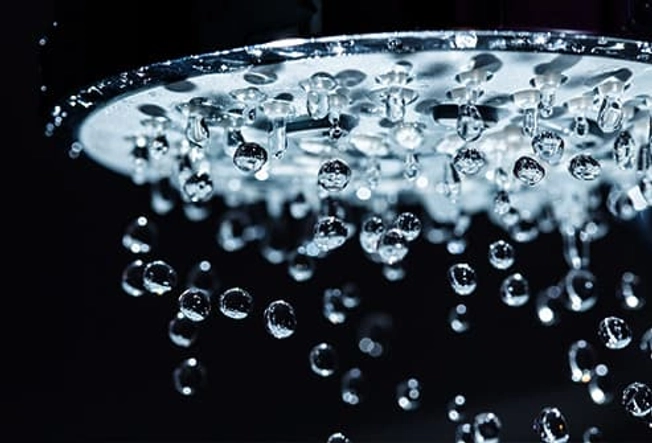
More Than Water in There
You may not think much about it when you take a shower or turn on the tap for a drink, but more than 2 billion people worldwide drink water that has pesticides, sewage, lead, mercury, hazardous waste, and other dangers in it. The Environmental Protection Agency (EPA) sets the standards for what’s in tap water in the U.S.
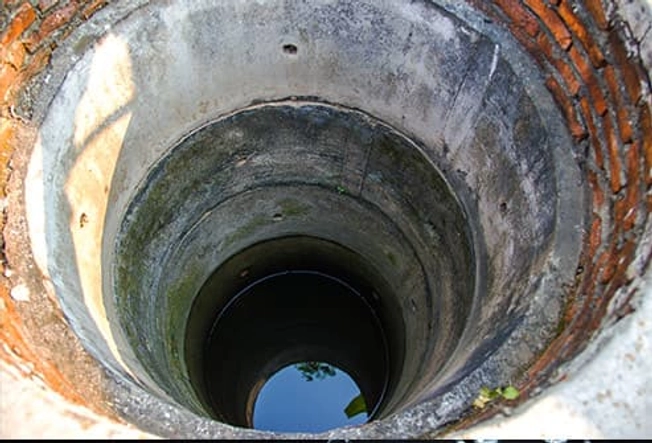
Well Water
If you get yours from a well instead of a local water treatment facility, you should test for hazardous material such as pesticides, organic chemicals, and heavy metals before you use it for the first time. Then test for fertilizer chemicals and certain kinds of bacteria every year. Test more frequently if you have children or are pregnant. Some health issues, like headaches, diarrhea, and fatigue, can be signs of a problem. If you need guidance, the EPA website has more information
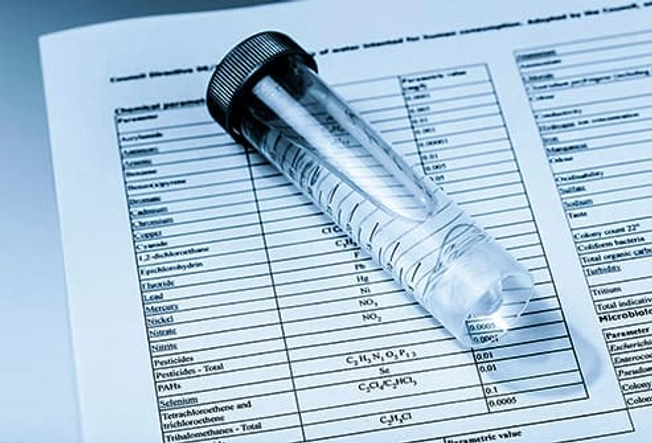
Fluoride
About three-fourths of the public water in the U.S. has fluoride added to it. This mineral protects your teeth from decay. Typical levels are less than 1 part per million, and that’s considered safe by the CDC, which calls it one of the greatest public health achievements of the 20th century. The CDC website has information about the levels in specific areas.
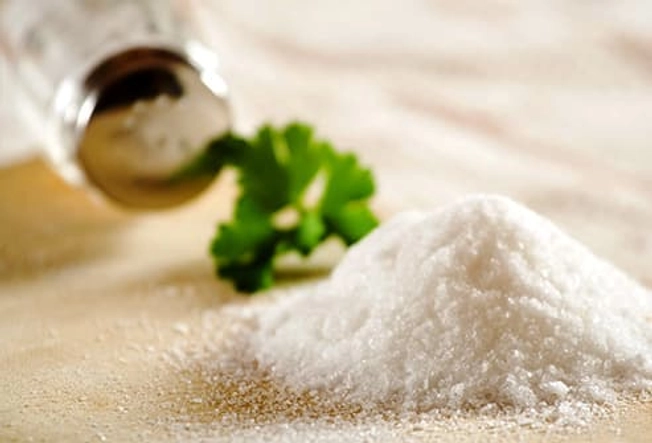
Sodium
Good old salt: It’s even in the water you drink. A little is fine, but you get plenty of it from food. If you have health issues related to salt -- high blood pressure or congestive heart failure, for example -- check your water’s sodium levels (both tap and bottled).
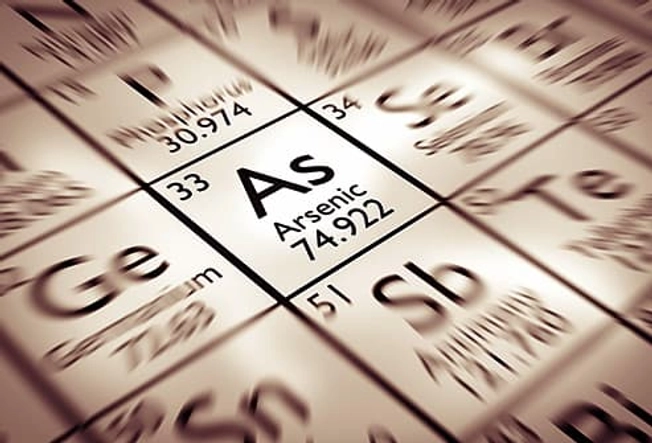
Arsenic
You may have heard bad things about this, but it’s a natural chemical, and some sources of water, like wells, can have low levels of it. Your local water provider should control the amount in yours, but if you get your water from a well or some other natural source, it’s a good idea to test it. In high levels, it’s been linked to heart disease, diabetes, cancer, and lower brain performance in children.
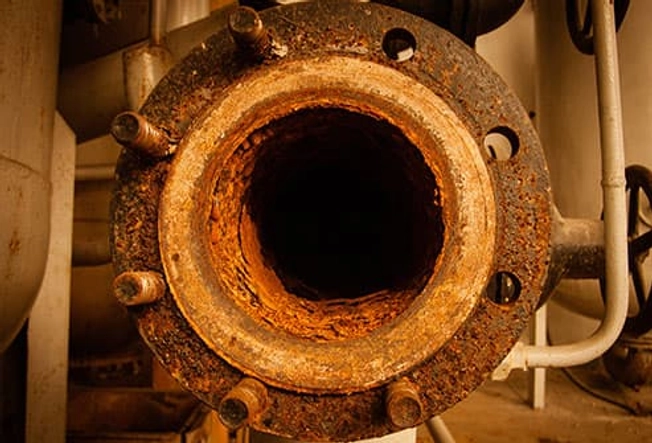
Lead
Your local water provider may not catch this one because it often comes from old pipes in your home or your neighborhood. The lead gets into your water right before it comes out of your tap. Home filtering systems can take it out of your tap water, but it’s important to test your levels and change the filter regularly -- lead is linked to serious health problems in children and adults.
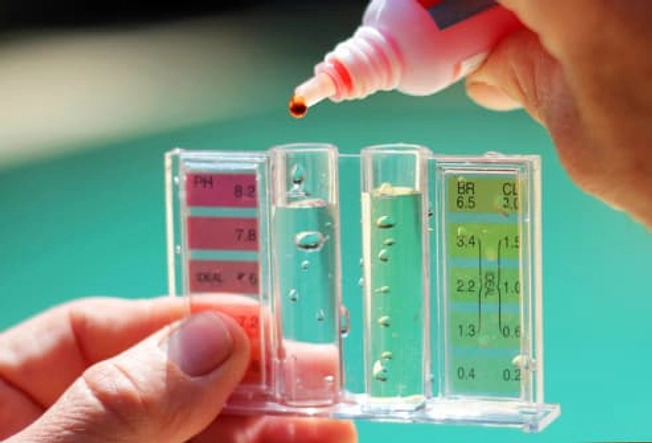
Chlorine
It’s used to kill germs in public water systems. Other chemicals are sometimes used as well, but chlorine is the most common. It’s considered safe in low levels, but you may notice a slight smell or taste.
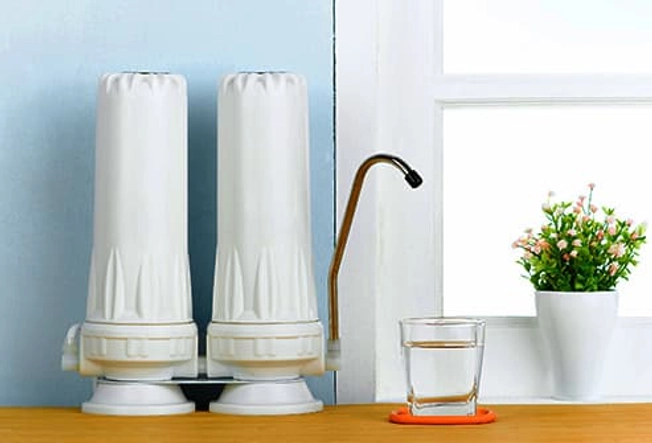
Filtration Systems
A quality, well-maintained system can take out most heavy metals and bacteria. But some heavy-duty ones can remove fluoride, which protects your teeth and gums. Look for a system that’s certified by the NSF (National Sanitation Foundation).
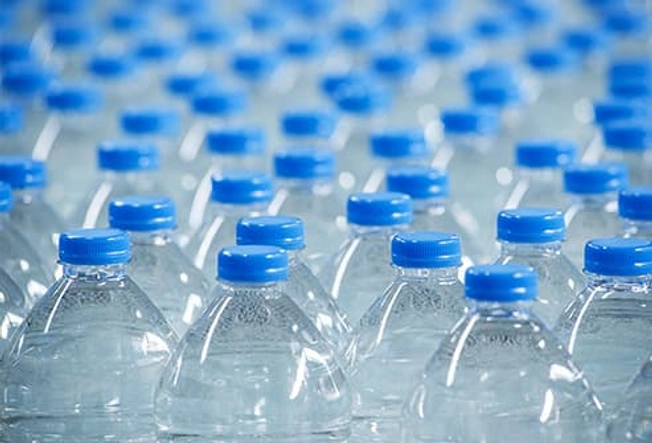
Bottled Water
It’s regulated by the FDA, using standards set by the EPA, so it’s usually safe. But not any more so than tap water. And keep in mind that -- aside from the extra cost -- bottled water is often missing the fluoride that protects your teeth.
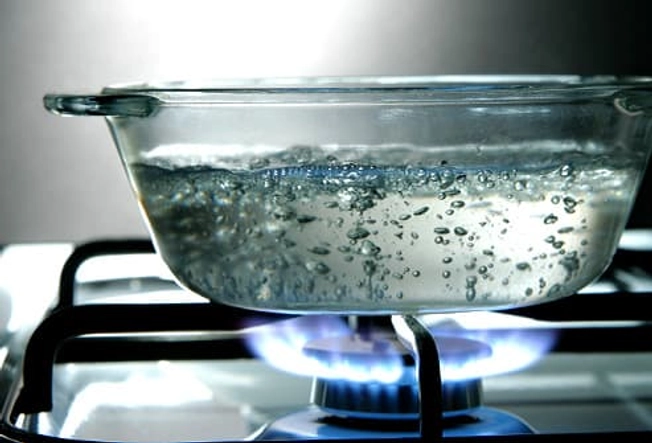
When to Boil
If you’re not sure about the safety of your water because of flooding, a broken pipe, or something else, you can boil it. This should get rid of any bacteria, viruses, and other organisms that can make you sick. One minute is enough to get the job done -- 3 minutes if you’re 6,500 feet or more above sea level.
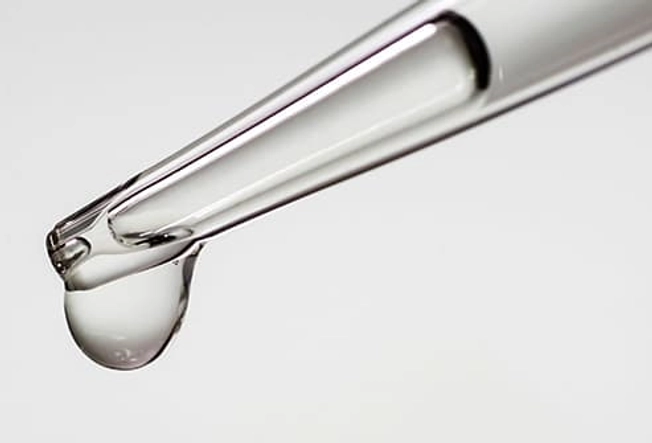
Bleach Your Water?
It sounds a little strange, but it’s an EPA-approved way to disinfect water in an emergency situation or clear bacteria from well water. Just 6 to 8 drops per gallon depending on its strength should do the trick -- more than that can be dangerous. And use plain bleach, nothing “color-safe,” and no scents or added cleaners. Stir and let sit for 30 minutes. You can get more details on how and why to do this on the EPA website.
